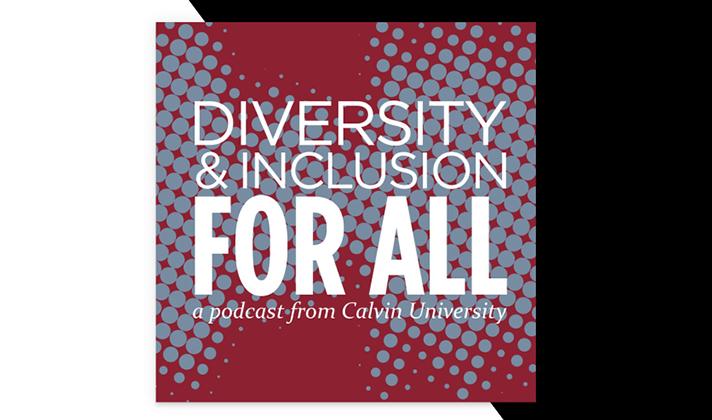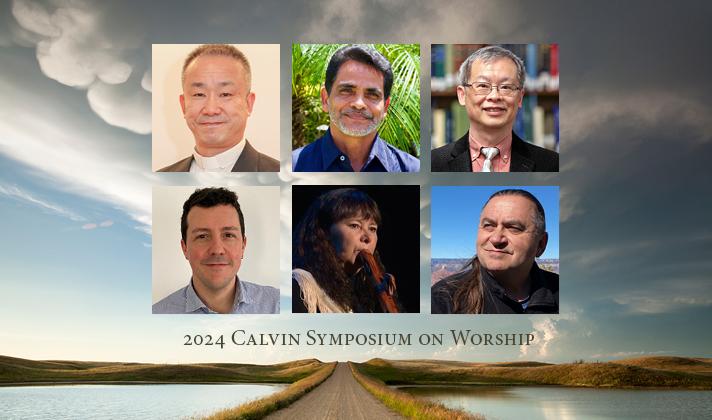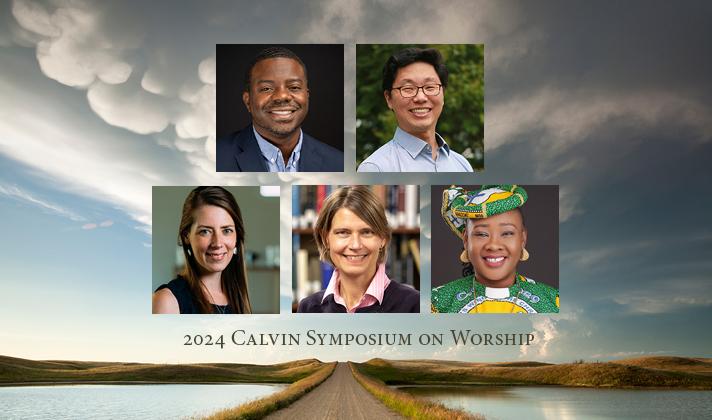Gordon Campbell wrote a biography of the King James Bible and edited a 400th anniversary edition of the 1611 version, which, he says, “lovingly preserves” the printer’s errors. He gave a brief interview at Calvin College during a two-month celebration of the KJB’s 400th birthday.
Why do some people refer to the King James Version as the Authorized Version?
In 2010, Britain started talking about this Bible as it is known in the United States—as the King James Version (KJV) or King James Bible (KJB). It has been known in the UK as the Authorized Version (AV) because King James I commissioned Church of England scholars to make the translation. It was printed by the king’s printer, who held the right to print all Bibles published in England in English translation. As the title page of the 1611 KJV explains, it was “appointed to be read in churches.”
What surprises or even threatens church members when you start talking about changes in the KJV?
People always assume that the KJV they’ve been reading has not changed since 1611. That edition had 352 printing errors, which I have preserved in the 400th anniversary edition of the KJV. Its contents are surprising to people who read the KJV now, because the original had 74 pages of preliminary material including genealogies, maps, ways of calculating dates for Easter—and the Apocrypha. Because there was no master text, subsequent editions included errors by editors, translators, and printers. The KJV one can buy now is essentially the modern text produced by Oxford editor Benjamin Blayney in 1769.
Also, the discovery of the Codex Sinaiticus and Codex Vaticanus (fourth century Greek Bible manuscripts) and earlier Hebrew texts challenged the texts that translators used in 1611. These discoveries have meant that verses that were in the 1611 edition have disappeared from the KJV. People find all that destabilizing because they don’t know where this scholarly intervention will end.
What do you wish more people understood about English language Bible translations—and why?
All these translations are honest but there’s a human perspective. If you look at the Jewish version of the Old Testament, not so many verses are clearly messianic. The Jewish version of Psalm 22:16 translates a Hebrew word as meaning bitten by a lion instead of pierced in hands and feet. King James I didn’t like the Geneva Bible because he deemed some of its annotations to be subversive of royal authority. Puritans objected to KJV word choices of “church” rather than “congregation” and “bishop” instead of “elder” or “senior.” Those word choices favor Church of England episcopacy over Presbyterian democracy.
What do you especially appreciate about the King James Bible?
The book was appointed to be read aloud in churches and cathedrals and private households during family devotions. It is this that accounts for the rhythms, drama, and punctuation. It’s meant to be read aloud and is easy to memorize.
My late father-in-law went to a school in Scotland so poor that they had no paper. Their only books were Robert Burns and the Bible. The Bible was read to them so often that they committed it to memory. The Bible entered them by ear, not eye. It was thought that having the Bible inside you—in your head and heart—protected you. I still cheer that KJV way of dealing with the world.
How should churches choose which Bible version to use in worship?
There’s been a distinction since 1611 between the Bible to read aloud—the King James Version—and the Bible meant to be studied in private, which, in the 17th century, was the Geneva Bible. Protestant Christians place a high value on translation rather than on committing the original [Hebrew or Greek] words to memory. Why? Because they emphasize understanding the meaning of the words. The New English Bible (NEB) and New International Version (NIV) are immensely scholarly and scrupulous translations.






